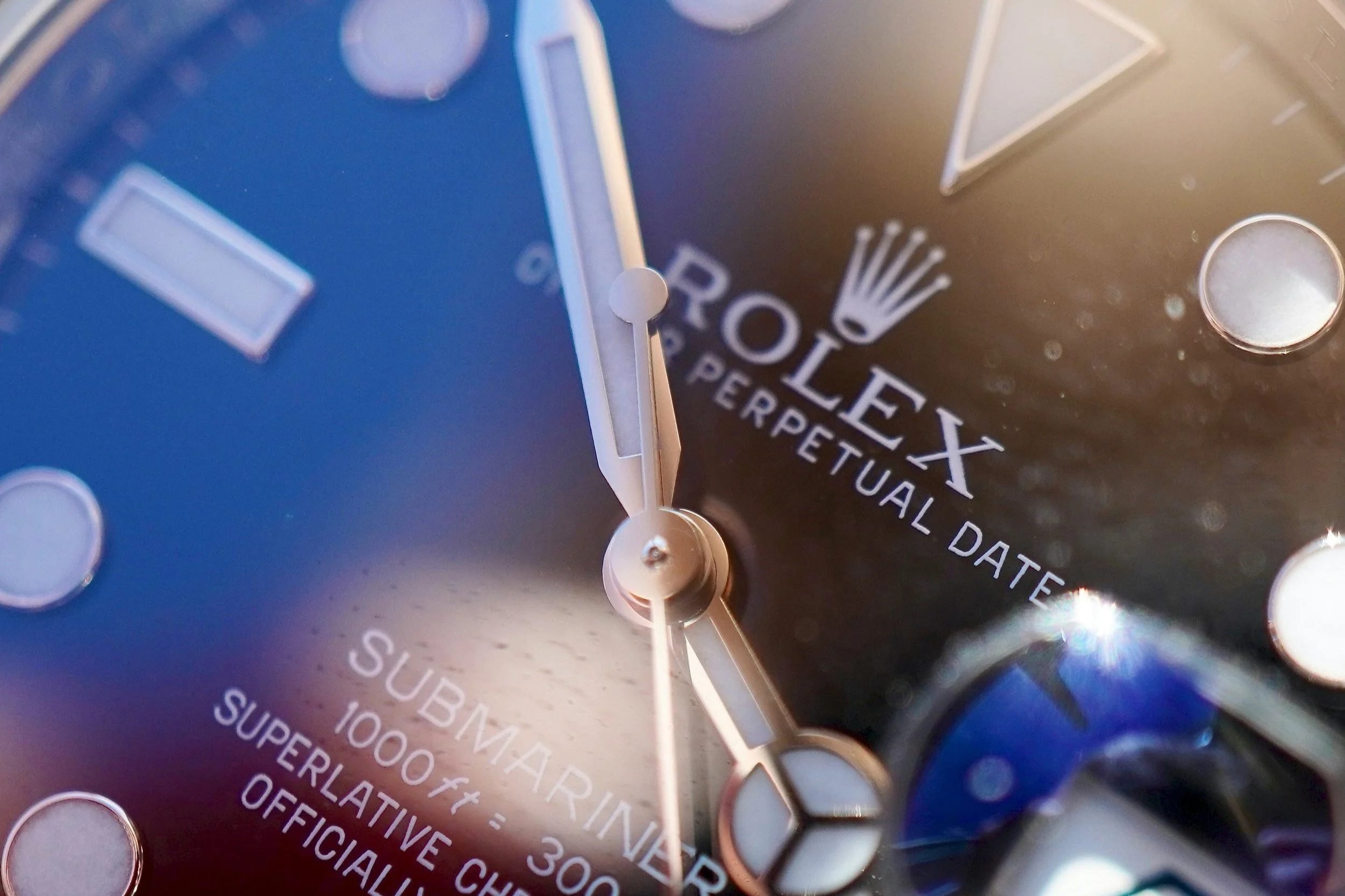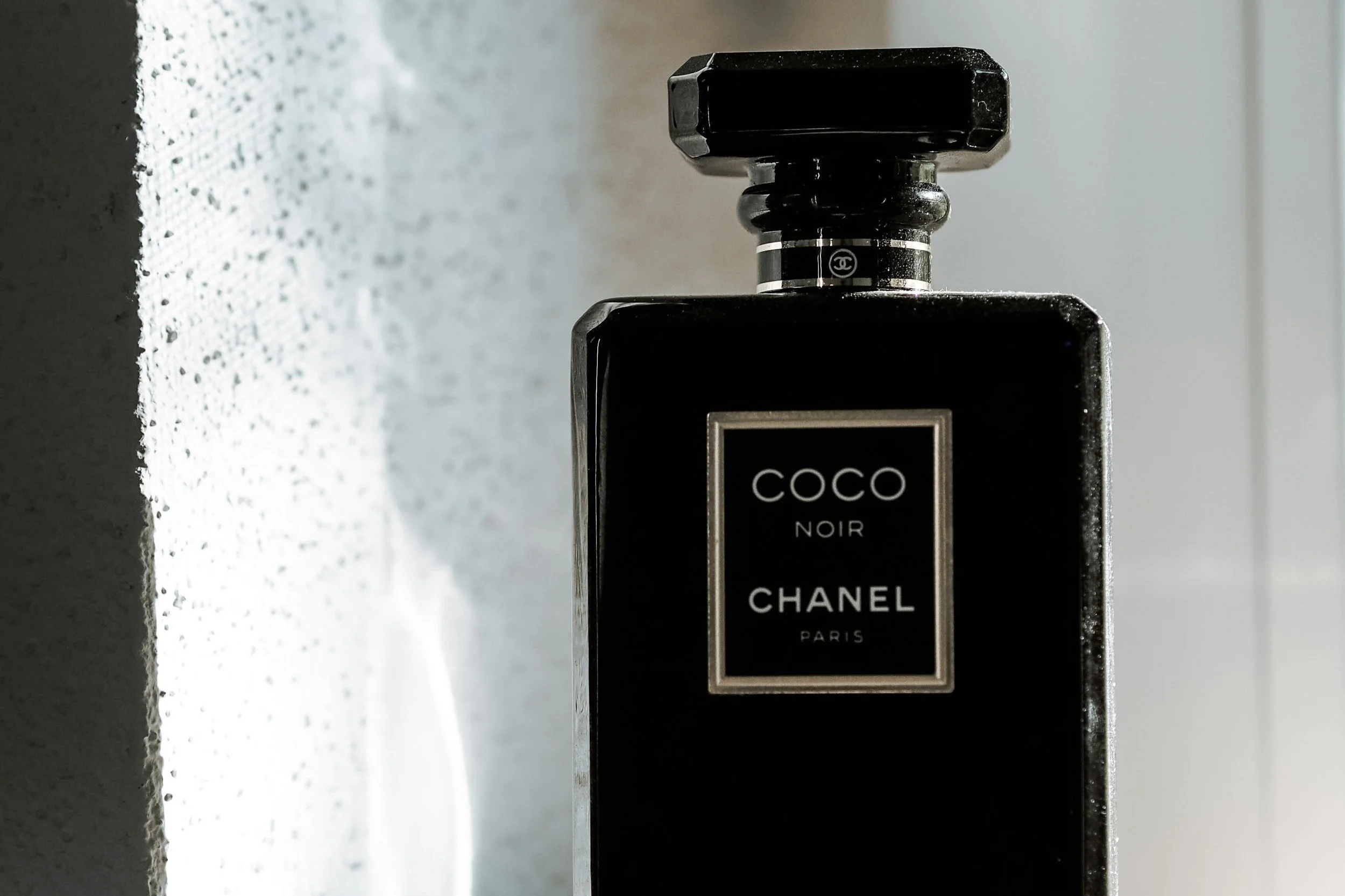The Art and Science of Naming
In a world where attention spans are short and markets are saturated, the right name can mean the difference between obscurity and recognition. A name is often the first - and sometimes the only - impression a brand gets to make.
But far from being a matter of whim or wordplay, successful brand naming is a rigorous and strategic process. It’s a craft built on psychology, linguistics, law and culture.
Your brand name is the anchor of your identity, the spark of your story, and the first signal of what your brand stands for.
The Weight a Name Carries
A great name does more than describe: it differentiates, evokes, and endures. It must be:
Memorable
Legally defensible
Globally relevant
Emotionally resonant
Easy to pronounce.
It should reflect your brand’s essence while allowing for evolution.
These demands make naming deceptively complex.
In his book Hello, My Name Is Awesome, naming expert Alexandra Watkins notes that the most successful brand names are often based on real words or known sounds, are easy to spell and say, and “make people smile instead of scratch their heads.” But that simplicity is often the product of sophisticated research and deep strategic alignment.
Case Studies: Rolex, Bottega Veneta, Chanel
Rolex: A brand built on universality
Rolex is reportedly a coined word: short, phonetic, and easy to pronounce across languages. Its founder Hans Wilsdorf searched the alphabet until he found a name that looked typographically elegant in uppercase and hailed resonance worldwide. The simplicity of the name gave Rolex a blank slate: the brand definition could be written in gold, innovation, and precision, rather than implied by the name itself.
Bottega Veneta: Evoking craft and place
The name literally translates to “Workshop of Veneto,” grounding the brand in Italian artisanal craft. It immediately suggests provenance, heritage, and regional pride. Rather than rely on a glamorous founder name, Bottega Veneta made geography its brand; a powerful signal of authenticity and devotion to craftsmanship.
Chanel: The power of personal myth
Chanel’s name reflects its founder’s given name, Gabrielle “Coco” Chanel. Simple, direct, and timeless. But it’s more than personal: from Chanel No. 5 to the iconic 2.55 bag, each product name is woven with intentional symbolism. The “No. 5” label echoes her lucky number and the order in which Ernest Beaux presented scent samples - a detail that gives the fragrance an enduring story. Similarly, the 2.55 bag is named after its debut date, February 1955. These names aren’t just identifiers, they are mini-myths, compact narratives that link heritage, creativity, and mystique.
AI and Naming: A New Creative Frontier
Artificial Intelligence is transforming the naming process. Tools like Namelix, Copy.ai, and ChatGPT can now generate hundreds of name options in minutes based on desired themes, emotions, or descriptors.
They analyse phonetic trends, generate word blends, and even predict search engine performance.
AI can also screen domain availability and surface names that are free from existing trademarks (though only at a basic level).
However, AI’s speed and breadth come with limitations. It struggles with nuance - especially emotional, cultural, and strategic depth. A generated name may sound pleasant but can lack soul or meaning. AI does not know your customers, your product roadmap, or your internal politics. It can suggest; it cannot align.
Naming remains, at its core, an act of storytelling. It requires empathy, vision, and the ability to bridge creativity with strategy - qualities that are uniquely human.
Why Branding Agencies Matter
In an age of automation, it might be tempting to bypass human-led naming in favour of AI or DIY tools. But a branding and creative agency offers distinct, irreplaceable advantages:
First, they bring strategic clarity. Naming is not an isolated task; it flows from brand positioning, market context, business goals, and customer psychology. Agencies begin with deep research and brand immersion, ensuring that the name reflects not only what a brand does, but what it means.
Second, agencies provide linguistic craftsmanship. They understand how phonemes affect perception, how prefixes and suffixes signal category fit, and how etymology can layer a name with meaning.
Third, they offer rigorous legal and cultural vetting. A name that works in English may offend in Mandarin. A clever pun might already be trademarked. Agencies conduct due diligence across languages and jurisdictions, avoiding costly mistakes.
Finally, they guide internal alignment. Naming is rarely a solo decision. Agencies help navigate the politics of naming: facilitating stakeholder buy-in, running user testing, and building consensus through clear rationale and creative presentations.
For UNYQ, who operates at the intersection of technology and design, this expertise is not a luxury - it’s a necessity.
Naming for Longevity
Perhaps the most underrated aspect of naming is durability. A name must endure not just through product cycles and marketing trends, but across business pivots, acquisitions, and cultural shifts.
The best names are flexible yet focused. Consider Amazon, a name that once signaled vastness in books and now encompasses cloud computing, streaming, groceries, and more. Or Nike, rooted in mythology, short and powerful enough to span decades of cultural change.
Final Thoughts
Naming is never just about naming. It is a brand’s birthmark and its business card, its signal and its story. While artificial intelligence can accelerate the early stages of name development, it cannot replace the human insight, strategic alignment, and cultural sensitivity that branding experts bring to the table.
As businesses race to launch and grow in competitive, often global markets, naming with intention is more essential than ever. For companies that aspire to matter - and last - there is no shortcut.





